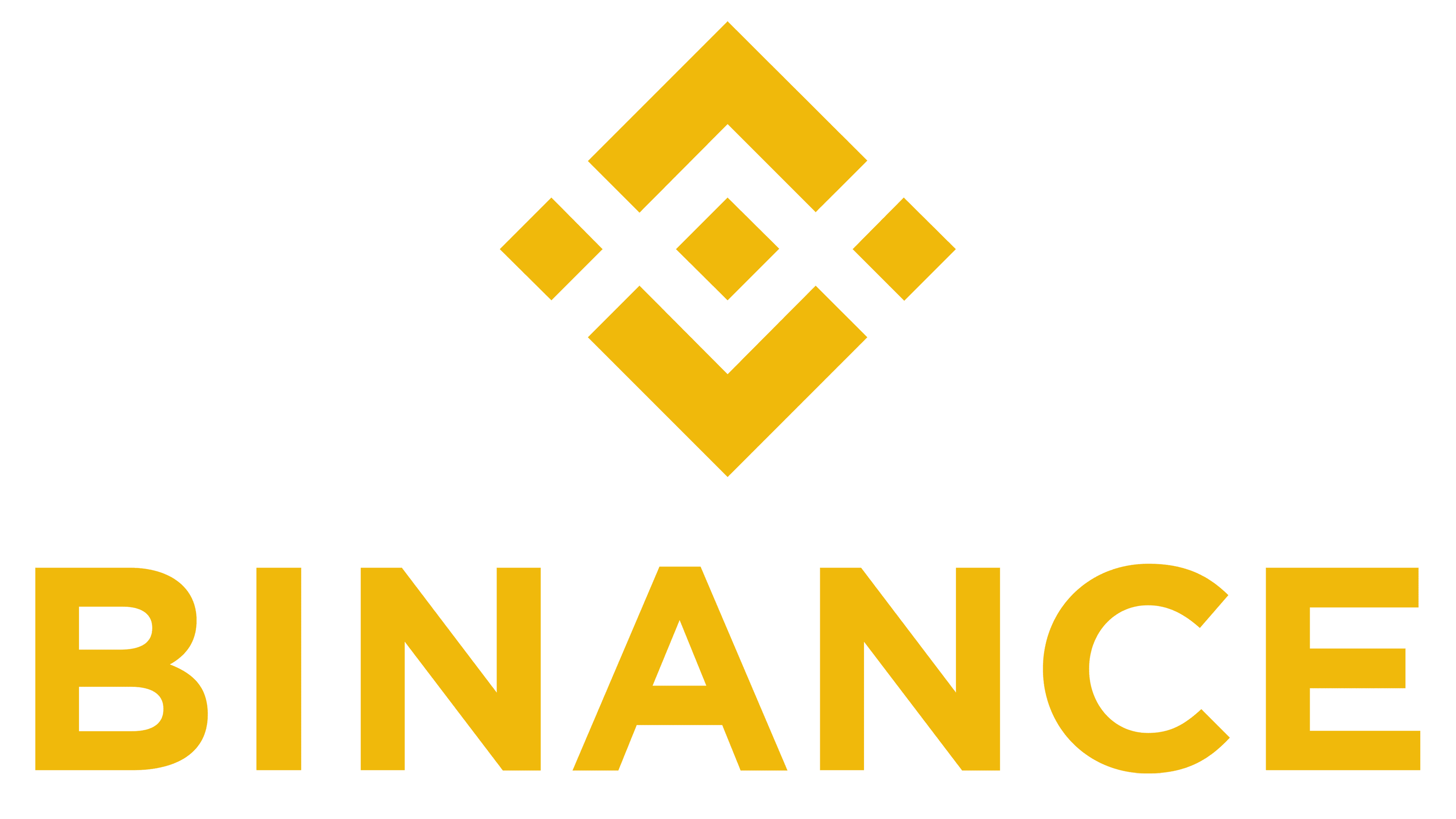BNP Paribas and NatWest are rolling out a new credit allocation tool developed by CobaltFX.
‘Dynamic Credit’ aims to streamline credit allocation for FX transactions between banks and improve access to liquidity.
Adopting the software will reportedly also help the banks manage credit exposures and address overly manual processes.
CobaltFX founder Andrew Coyne said reducing risks through simplification and streamlining of credit disbursement will be paramount as the FX industry addresses some of its current challenges.
The move signals a rising trend for financial institutions wanting to improve the distribution of credit for FX trades, said the FinTech.
“Industry-wide, we see that banks are adopting innovative techniques to manage credit exposures for FX trades and maintain market stability through digitalisation,” said Joe Nash, digital COO for foreign exchange, rates and commodities, BNP Paribas. “By providing a standardised and digitised approach, and aggregating IT infrastructure across multiple venues, Dynamic Credit gives banks unprecedented control to navigate fast-moving FX markets and proactively manage credit exposure.”
BNP and NatWest were among nine banks that recently invested $45 million in a carbon credit trading platform which allows companies to acquire carbon credits as they look to meet net-zero emissions goals.
The news follows the UK government’s announcement that it is reducing its stake in NatWest with a £1.2 billion sale of the bank’s stock.
Latest News
-
Gemini to cut quarter of workforce and exit UK, EU and Australia as crypto slump forces retrenchment
-
Bank ABC’s mobile-only ila bank migrates to core banking platform
-
Visa launches platform to accelerate small business growth in US
-
NatWest to expand Accelerator programme to 50,000 members in 2026
-
BBVA joins European stablecoin coalition
-
eToro partners with Amundi to launch equity portfolio with exposure to ‘megatrends’
Creating value together: Strategic partnerships in the age of GCCs
As Global Capability Centres reshape the financial services landscape, one question stands out: how do leading banks balance in-house innovation with strategic partnerships to drive real transformation?
Data trust in the AI era: Building customer confidence through responsible banking
In the second episode of FStech’s three-part video podcast series sponsored by HCLTech, Sudip Lahiri, Executive Vice President & Head of Financial Services for Europe & UKI at HCLTech examines the critical relationship between data trust, transparency, and responsible AI implementation in financial services.
Banking's GenAI evolution: Beyond the hype, building the future
In the first episode of a three-part video podcast series sponsored by HCLTech, Sudip Lahiri, Executive Vice President & Head of Financial Services for Europe & UKI at HCLTech explores how financial institutions can navigate the transformative potential of Generative AI while building lasting foundations for innovation.
Beyond compliance: Building unshakeable operational resilience in financial services
In today's rapidly evolving financial landscape, operational resilience has become a critical focus for institutions worldwide. As regulatory requirements grow more complex and cyber threats, particularly ransomware, become increasingly sophisticated, financial services providers must adapt and strengthen their defences. The intersection of compliance, technology, and security presents both challenges and opportunities.
© 2019 Perspective Publishing Privacy & Cookies













Recent Stories